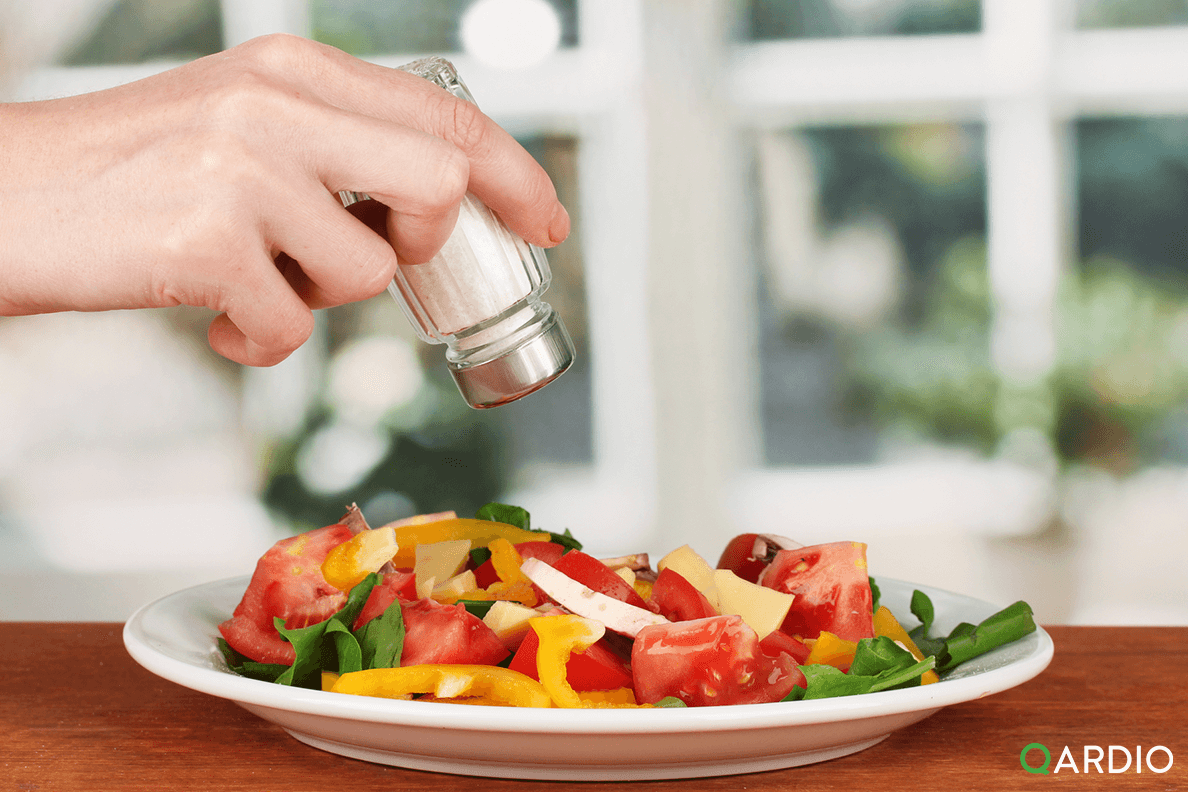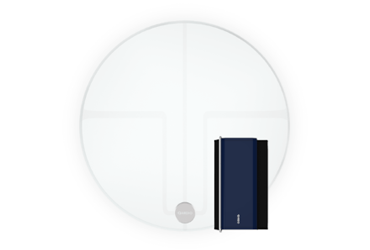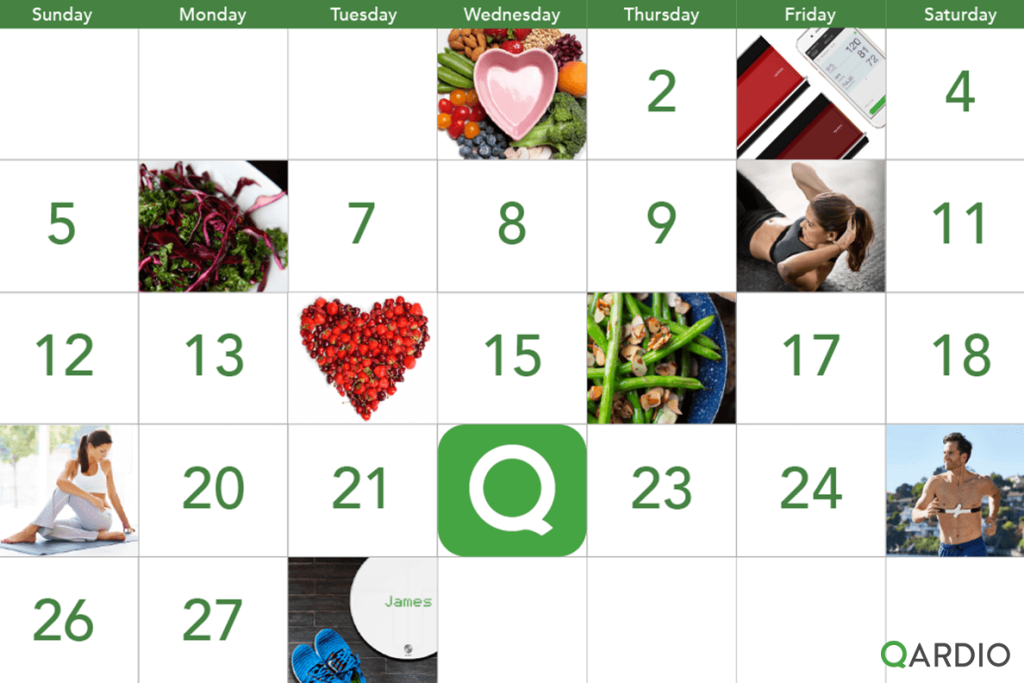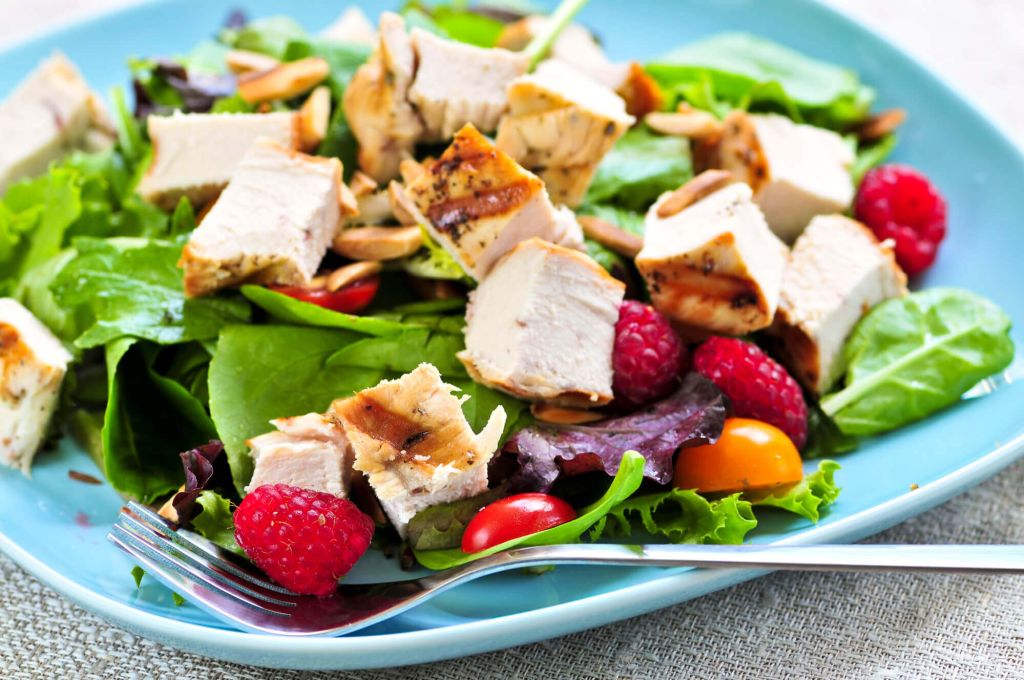Are you eating too much salt? The World Health Organization thinks so.
Even if you don’t shake salt onto your food every day, chances are you’re still eating far too much of it. If you regularly go out to dinner or grab a ready meal on your way home from work, it’s likely you’re one of the millions of people around the world eating way over their recommended daily allowance.
Consume less than 2g sodium per day
According to the World Health Organization, adults should be consuming less than 2g sodium per day for a healthy heart. But if you’re not aware of how much salt is in your food, your intake could be sky high – which can lead to elevated blood pressure, that reading on your QardioArm and an increased risk of stroke or cardiovascular disease.
It’s important not only to monitor your salt intake but to arm yourself with the key facts about salt.
Food always high in salt
Some foods are almost always high in salt because of the way they are made. Other foods, such as bread and breakfast cereals, can contribute a lot of hidden salt to our diet. But that’s not because these foods are always high in salt – it’s because we eat a lot of them. The following foods are almost always high in salt: cheese, olives, prawns, bread products such as crumpets, bagels and ciabatta, soup, sandwiches, breakfast cereals, and tomato ketchup
Vitamin supplements can contain salt
Some effervescent vitamin supplements or effervescent painkillers can contain up to 1g salt each. This is half of your total daily allowance, so if you take more than one a day, consider cutting down or switching brand. Always consult with your healthcare provider before reducing or otherwise changing your vitamin intake.
Raises your blood pressure
Overloading your system with salt doesn’t only raise your blood pressure – it could also disturb normal nerve functions. While sodium helps send nerve impulses from your brain to the rest of your body, if the delicate balance between sodium and potassium levels is disrupted, there could be serious consequences.
Moderation is key
While overconsumption is bad, some salt is also necessary for human survival. Sodium helps maintain the correct balance of fluids in your body, and is also a key player in muscle contraction and relaxation, as well as making the process of sweating possible and allowing you to cool down and avoid dehydration and heat stroke. Consuming too little salt can lead to muscle spasms, irregular heart rhythms, and feelings of weakness.
Keep track of your diet and fitness goals with QardioBase, smart wireless scale.
Good luck cutting down your salt intake to below 2g – let us know how you get on and how it affects your blood pressure at www.facebook.com/getqardio or @getqardio.
Sources:
Blood Pressure UK




